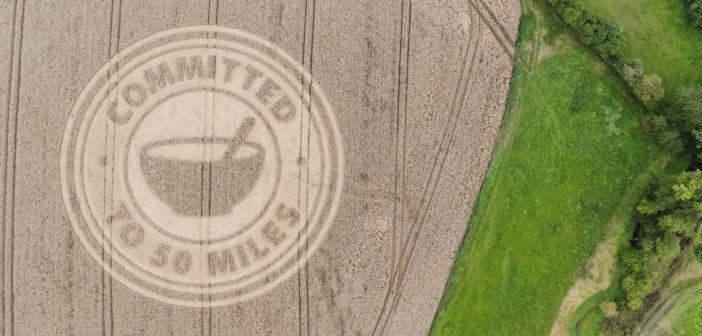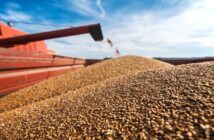A new survey from Weetabix has found that that almost a third of UK consumers* admit the Covid-19 pandemic has made them realise how important locally sourced products are to the UK economy, with 48 per cent of Brits actively looking for locally sourced items in the supermarket.
A third of those polled say they have been more supportive of local British businesses both during and since lockdown, than ever before. More than a third do so to be more ethical in their shopping habits, whilst over two thirds hope to support local farmers and almost half do so for healthier and fresher produce.
A further 51 per cent believe that by ‘buying local’ they are helping the economy and 45 per cent hope to reduce their ‘food miles’ – the distance food has travelled before it arrives at our homes.
More than a third say they check the food miles of items when shopping by looking up the country of origin, believing the benefits of buying goods with fewer food miles to be include a lower carbon footprint (64 per cent), helping preserve UK farms (54 per cent) and less pollution (57 per cent).
In relation to the survey comes, Weetabix recently unveiled a crop circle in the British countryside during this year’s harvest to raise awareness of the value of locally produced food to the UK economy. The crop circle highlights Weetabix’s commitment to working exclusively with local farmers by sourcing all of its wheat in Weetabix Original biscuits from within 50-miles of their mills in rural Northamptonshire.
Francesca Theokli, marketing director at Weetabix commented: “Our study showed that more than two thirds believe companies are not transparent enough about where their food is grown and produced. So we wanted to create this crop circle to highlight our ongoing commitment to locally sourcing the highest quality wheat from a 50 mile radius of our home in Burton Latimer, Northamptonshire and help consumers make an informed choice when selecting what to have for breakfast.
“There are many ways Brits can support local farmers and being careful about where breakfast is sourced is one simple step.”




